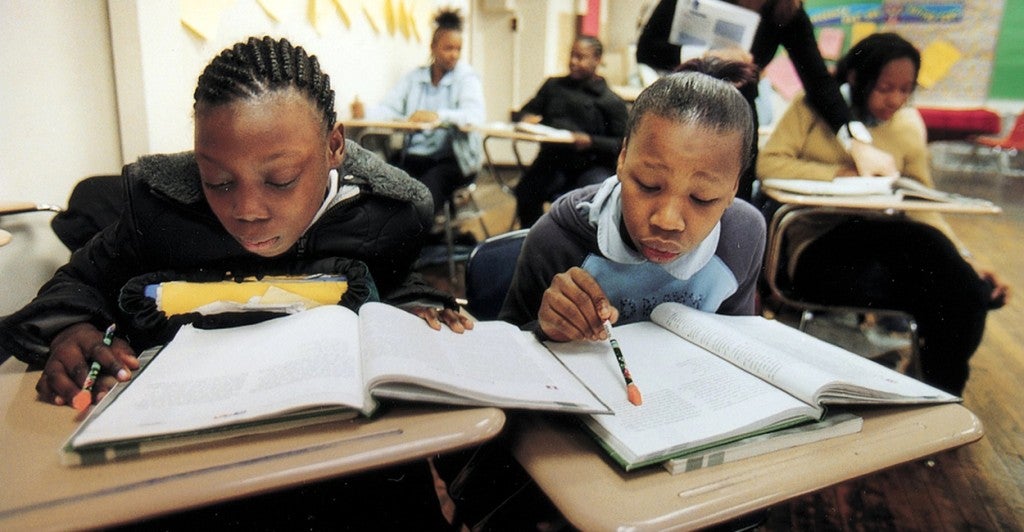This is could be a landmark year for Philadelphia schools. From the results of an anticipated state audit to the expansion of its charter program, the district faces important changes in 2015 that will affect the quality of education and help drive spending in the face of a massive deficit.
Here are the five biggest questions facing the district in 2015:
1) Will teachers start paying for their health benefits?
Facing a paralyzing $81 million budget deficit, the School Reform Commission, which has governed the district since 2001, canceled its expired contract with teachers in October in an effort to have them pick up part of their health insurance benefits. In the past, teachers weren’t required to pay for health plans.
2) What will the next audit reveal?
Officials hope the report, to be released in mid-2015, improves on 2011, when auditors found the district did not have a Safe Schools advocate, as required by state law, lacked proper documentation to verify state subsidies and reimbursements, conducted improper Student Activity Fund practices and jeopardized taxpayer funds by financing its debt with volatile interest-rate management agreements.
3) Will the state devise a new funding formula for schools?
The Education Funding Commission, a 15-member bipartisan team of state lawmakers, will announce this year a new formula will take into account relative wealth, local tax effort, geographic price differences, enrollment levels, local support and other factors.
Gov.-elect Tom Wolf has said education funding remains a priority for his administration, but steep financial challenges could make it difficult to assist districts such as Philadelphia’s.
4) How will charter school expansion affect the district?
An amendment to state legislation that established a local $2 cigarette tax to help fund Philadelphia schools opened the door for the first expansion of the district’s charter school program since 2007. The cash-strapped district has 86 charter schools but had stopped adding them.
5) Will the state return the district to local control?
In 2001, the state took over Philadelphia’s public schools, which are controlled by a five-member board—three appointed by the governor and two by the mayor. Wolf campaigned on returning the district to city control. In December, he reiterated his belief that local influence should play more of a role in education.
